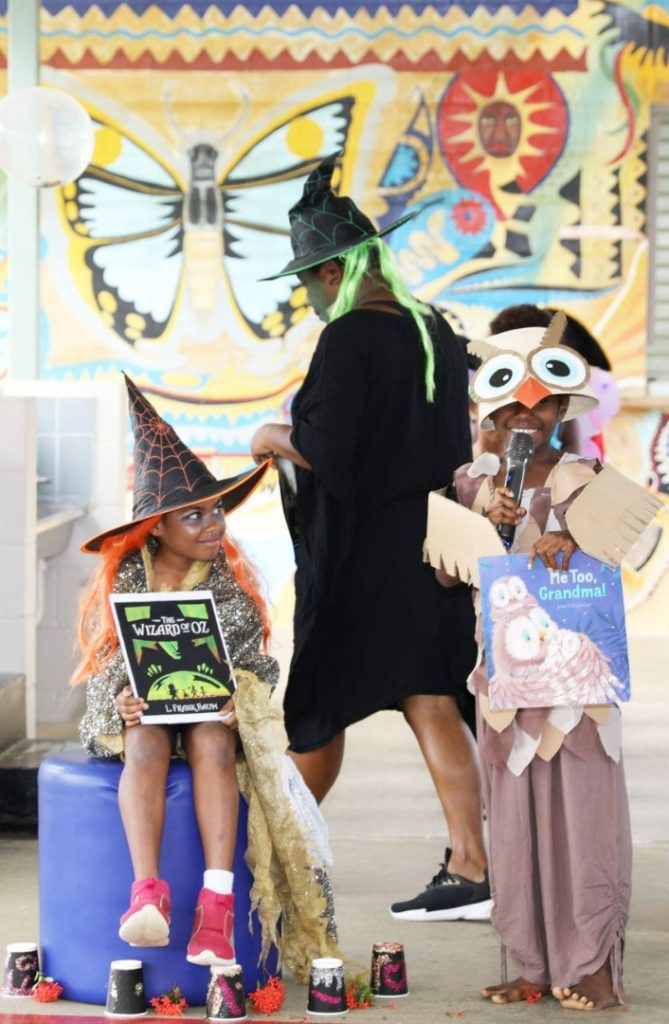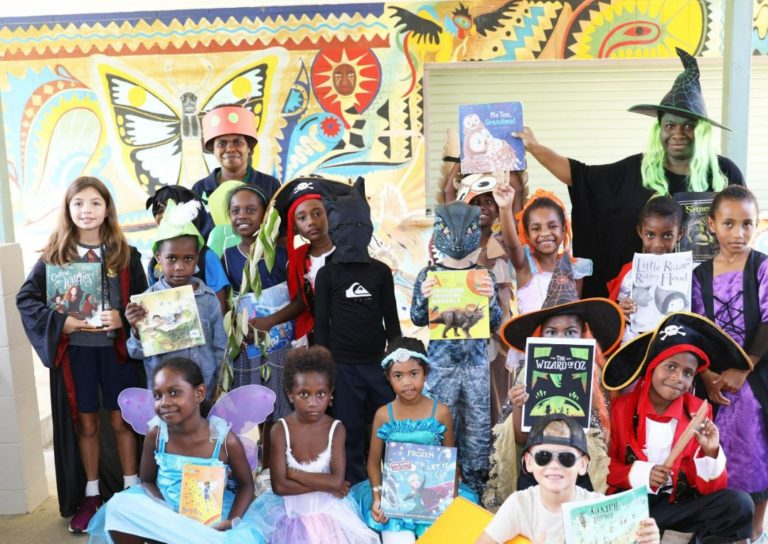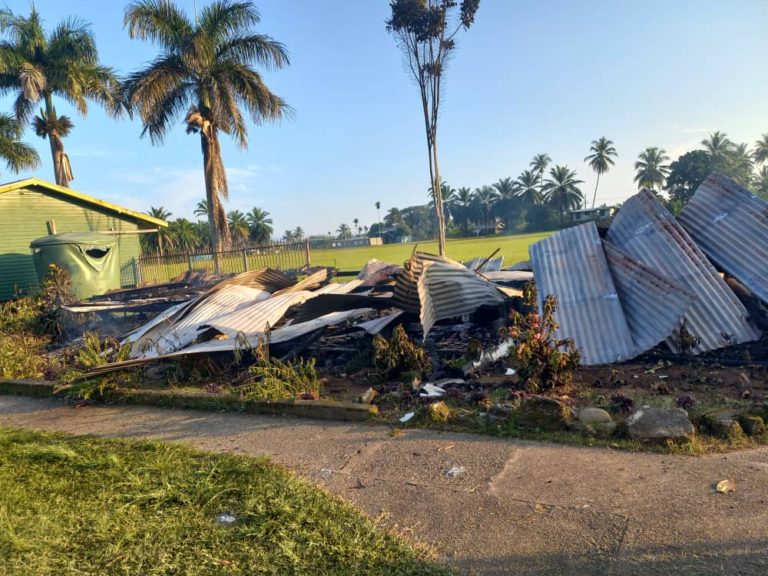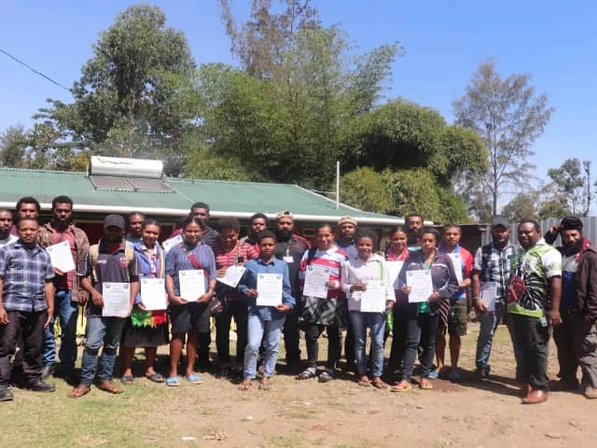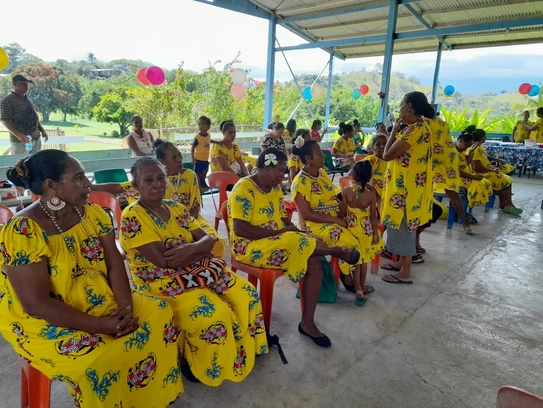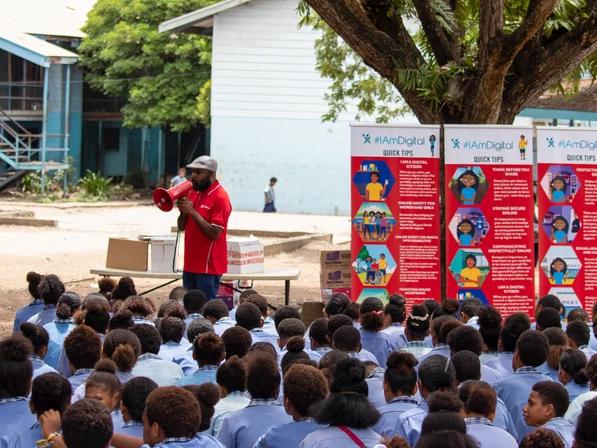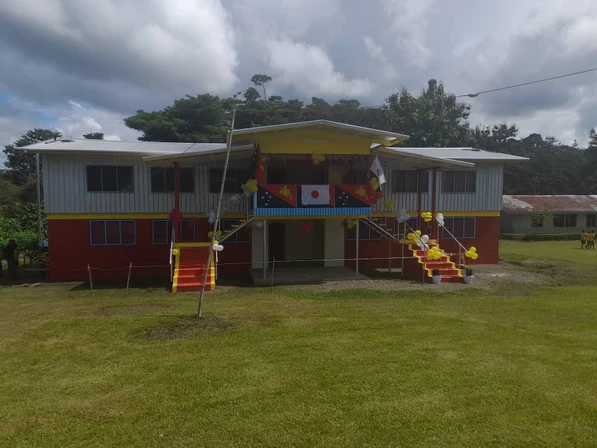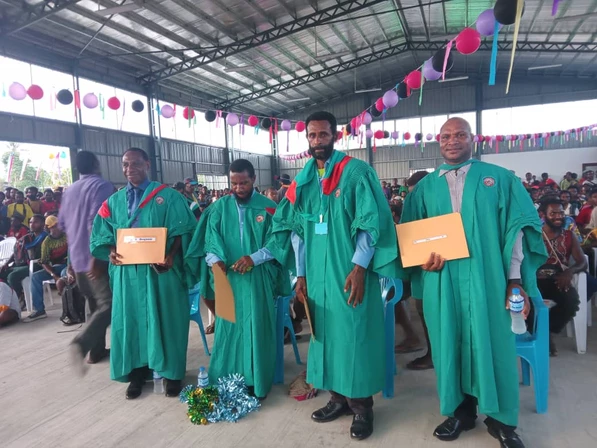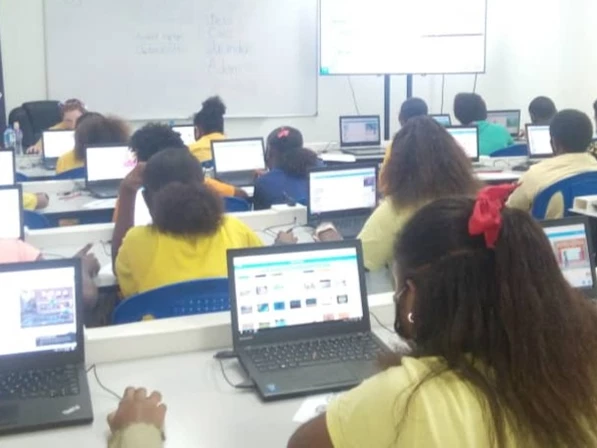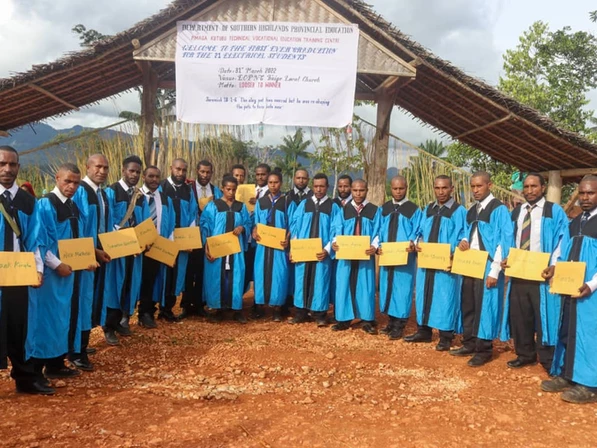A NEW early childhood education tutoring service has been set up to strengthen early learning in young children in Papua New Guinea.
It is the brainchild of 26-year-old Founder and Director, Dianne Meli, who is a teacher by profession.
Miss Meli started this service in 2020 after realizing that there were gaps in existing learning programs, and the absence of different modes of online distance education during the onset of the COVID-19 pandemic in 2020.
“As a teacher I have a passion for education, especially with children. I like being more involved (in this process) and developing supportive programs fosters their (children) love for learning”
DIanne Meli, Founder and Director of TIPS FOR KIDS
Miss Meli admits that like most people today, she grew up not liking school and being bombarded with questions about her future career path.
“The truth is, most young people grow up not knowing what they desire to do in life, only to discover it later.
“I believe the early years of a child’s life, is the best time to start developing their mind because this is when their minds are still very delicate and free of any misconceptions of the world around them.
“Early childhood education is the stage to teach a child the right and true concepts, especially pre-concepts that they will need in order to progress.
“If a child is not taught at a young age, there will always be a need for intervention, causing gaps in progress or a lack of progress altogether due to difficulties or challenges he or she may face in the future.”
Her love of learning was discovered during her teenage years at the age of 15-years-old when she was given a part-time job opportunity to work in a small family-run private school.
Her roles included the facilitation of teaching and learning, grading and marking individual student exercises, and the overall supervision of daily routines.
While she recalls how challenging this experience was, it was after going through this that she developed a love of working in a classroom with students.
“The best part of practice for me, is in the moments of teaching when a student realizes a concept you taught them and uses it to connect a problem to a solution.
“From my personal knowledge coupled with experience and practice, children learn through play at the stage of birth to 3-years-old; and by the time they reach ages 4-6, they reach the age of development where they are old enough to learn more constructively in school, however, parents have an individual choice for the results they desire, and I respect that.”
Miss Meli pursued her passion by undertaking an Australian Qualifications Framework (AQF) where she attained a Diploma in Early Childhood Education and Care. This opportunity not only broadened and developed her love of working with children and getting to know them through play, but also exposed her to working in an international industry.
She is now operating a private tutoring firm called ‘Tips for Kids Coaching’, providing quality tutoring through best practice of early intervention and tailored individual programs.
“I believe there is a need for additional programs to support academic success in school,” she says.
While the Government has introduced the concept of early childhood education throughout schools in Papua New Guinea, there are still questions as to whether the concept is understood, and if the education sector is properly equipped with the human resource and educational materials to roll it out.
“As an early childhood educator having returned to Papua New Guinea, I find that the State of Papua New Guinea does not have (effective) systems or services that provide Early Childhood Education for teachers to practice, and for students to learn.”
Miss Meli says that it is not only a challenge for rural Papua New Guinea, but also for towns and cities given the fact that Early Childhood Learning centers are privately owned.
She says the Government should consider upskilling teachers’ current standards to fit the concepts of teaching very young children, and introduce schools for early childhood learning within cities as well as in the rural areas.
She also stated that some of these teachers should be sent abroad to learn best practices for Early Childhood learning, in order to acquire international knowledge of implementation around this way of teaching.
“Education is a way of life,” says Miss Meli.
“I believe there is a need for additional programs to support academic success in school, therefore, I would like to encourage other young people to never give up, and work hard to achieve your dreams. Because one day they will become a reality.”
